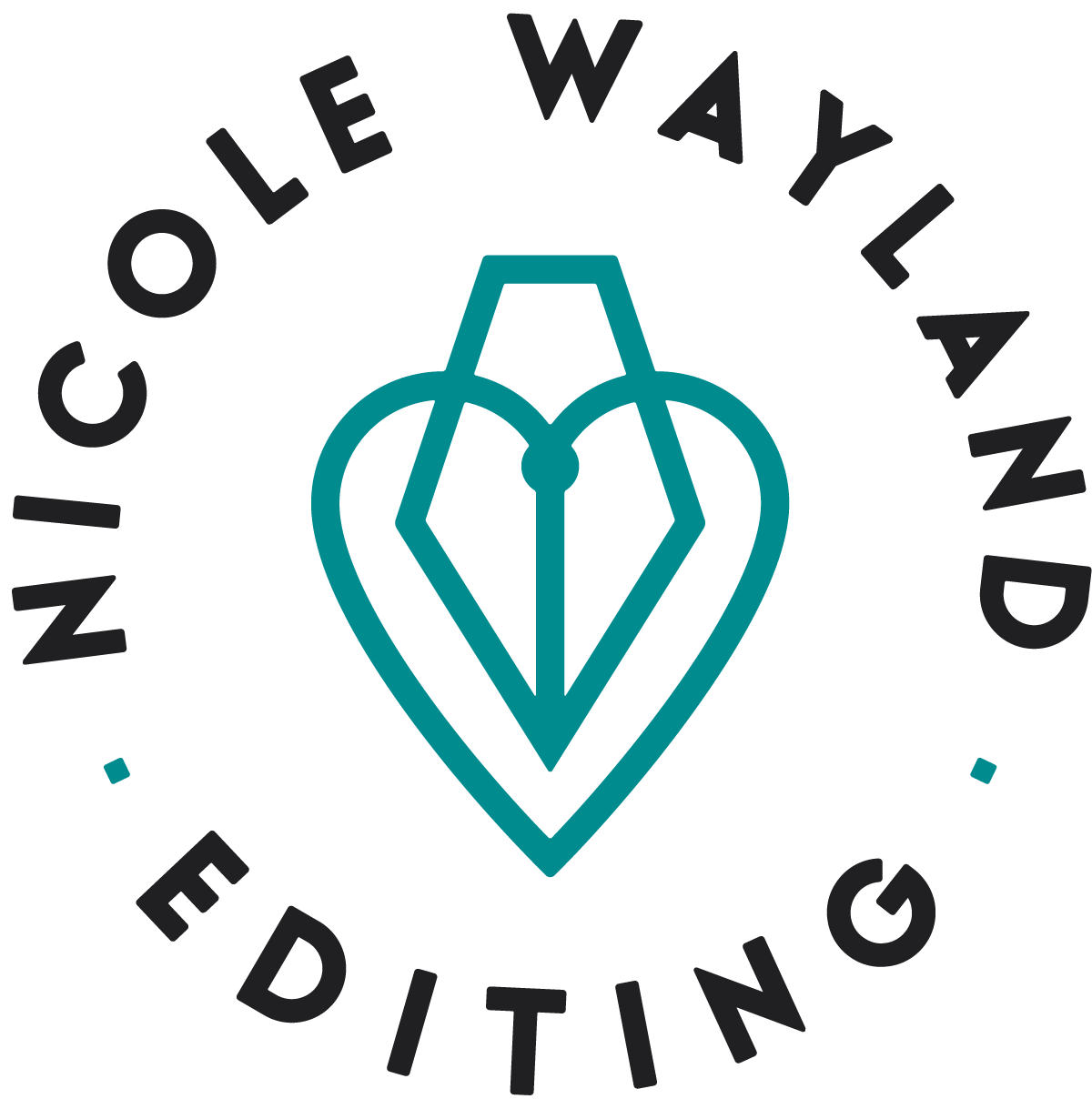One of the many great things about being your own boss is having a flexible schedule. There's no one to tell you when to start work in the morning or when to end the day (except you). This can be both amazing and useless, depending on how you manage your time. I find that sticking to a schedule helps me be most productive, and that starts with getting good sleep. I try to go to sleep around the same time every night and wake up around the same time each morning—for me, around 10:30-11 p.m. and 6:30-7 a.m works best.
Sleep doesn't come easy for some, but it is so important for our health and well-being. On the nights you find yourself tossing and turning, try some of these “get sleepy” tips:
Make yourself comfortable. Being comfortable is one of the most important things for getting a good night’s sleep, and although it seems obvious, many people’s sleeping arrangements are not suitable for relaxation. For example, I choose not to bring work into my bedroom or have a desk in there. The last thing I want to look at while I’m trying to fall asleep is that five-hundred-page manuscript I’m currently editing and need to start again as soon as I wake up. Additionally, when decorating your bedroom, choose a calming, neutral color scheme. Check your thermostat, too. Ours is programmed to drop a few degrees at night.
Keep a schedule. It’s best for our bodies if we fall asleep and wake up at or around the same time every day—even on weekends. While I realize that this isn’t always possible, try to create a schedule for yourself based on when you naturally feel tired and when you naturally wake up, that is, if your work schedule allows. Check out this article by Lifehacker on how to find your perfect bedtime.
Turn off electronics. Research has shown that it’s best to turn off electronic devices one to two hours before bed. Studies illustrate that the “glow” from electronic devices keeps our brains stimulated and delays the release of melatonin, a sleep-inducing hormone. So instead of scrolling through Instagram or checking your Twitter feed for the hundredth time, try reading a book instead (and no, not on your Kindle—an actual book). If you find yourself burning the midnight oil, try an app called f.lux, which makes the color of your screen's display adapt to the time of day to be easier on your eyes.
Wind down. Once you’ve turned off your electronics for the night, try a lavender and sea salt bath (one of my favorites), read a book, and/or meditate. Lavender essential oil is most commonly used for relaxation, so it’s perfect right before bed. If you aren’t up for a bath, you can rub the oil directly onto your skin (temples, feet, and wrists are common places) or use a lavender pillow spray.
Keep it dark. If you find that you’re having trouble sleeping, check out your lighting situation. I live in an apartment in a pretty busy area, and there are always lights on outside, some of which shine through my upper windows at night. Keep blinds closed and curtains pulled, and if you find that it’s still not dark enough for you, try an eye mask.
Do you have other tips for getting a restful night's sleep? Leave them in the comments below!

